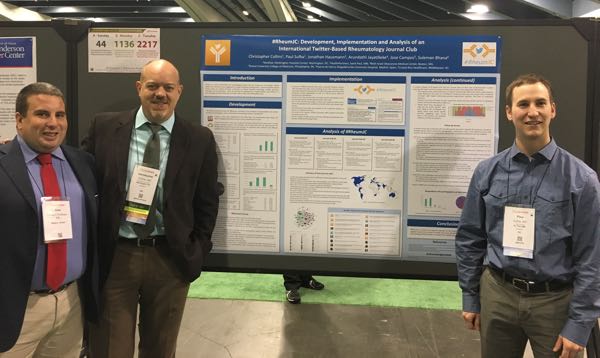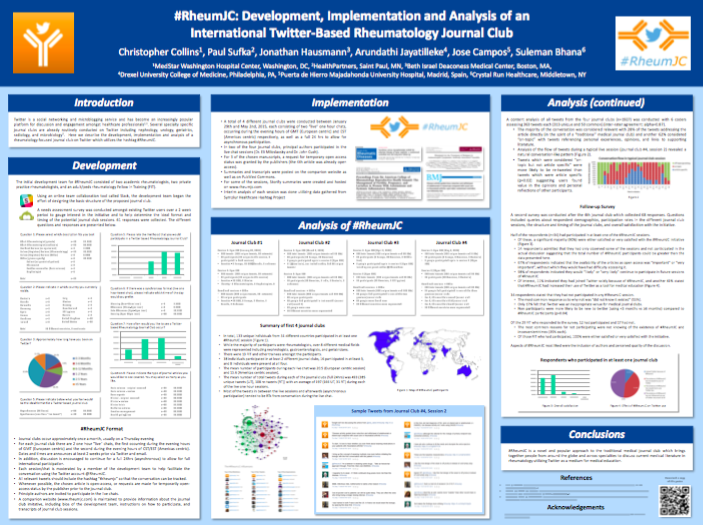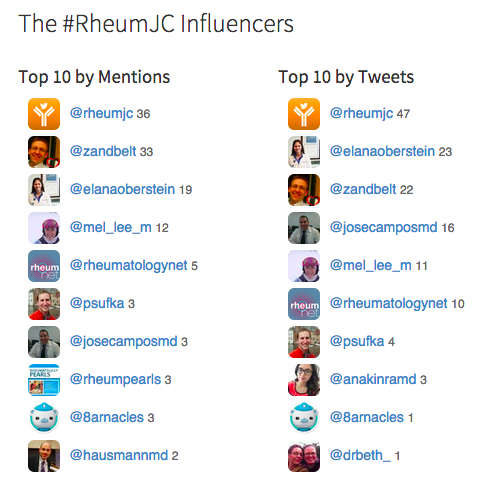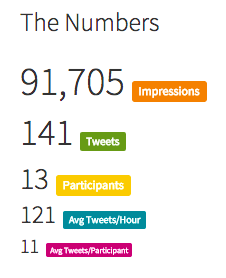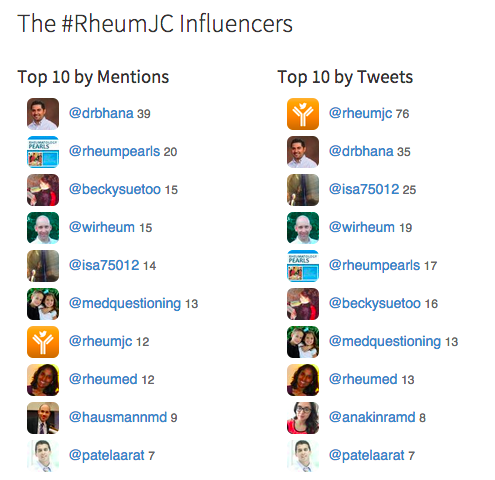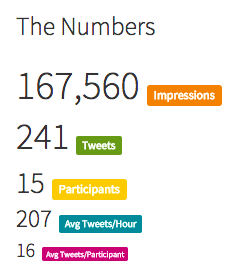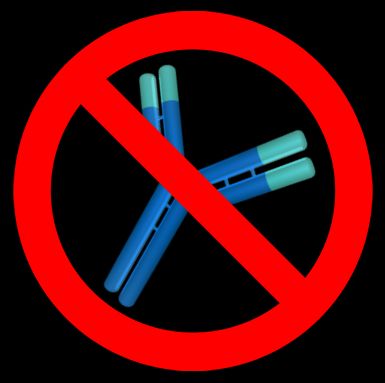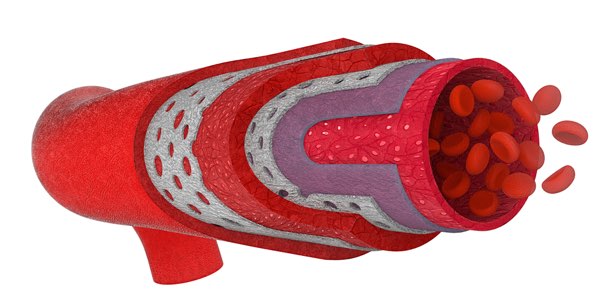
Greetings! For our second session of #RheumJC for the year on Thursday, February 25, 2016, we will be discussing a recent article from the journal Neurology which may offer insights into the pathophysiology of giant cell arteritis titled “Prevalence and distribution of VZV in temporal arteries of patients with giant cell arteritis” by Gilden, D. et al.
We will again have two one-hour sessions at 9pm GMT (4pm EST) and 3am GMT (10pm EST).
We greatly thank the editors of the journal Neurology, who have agreed to make the article open-access from February 18 through February 25, 2016 using this link: http://www.neurology.org/content/84/19/1948.short?sid=82de0570-ac50–41e6–998b–6e72904f7bd8
We’re also extremely pleased that author Dr. Maria A. Nagel has agreed to join the #RheumJC discussions to answer any questions you may have regarding the article.
If you are new to using Twitter, take a look at our Intro to Twitter page.
If you are participating in a Twitter journal club chat for the first time, please read our Getting Started Guide to get some tips on how to make the most of this session and not get too bogged down. Some additional pointers:
- Please remember to try to stay on topic whenever possible.
- Be polite and courteous.
- Do not violate HIPAA.
As always, we welcome suggestions for future articles for discussion. Please send your suggestions by Direct Message on Twitter to @RheumJC or email us at rheumjc@gmail.com.

